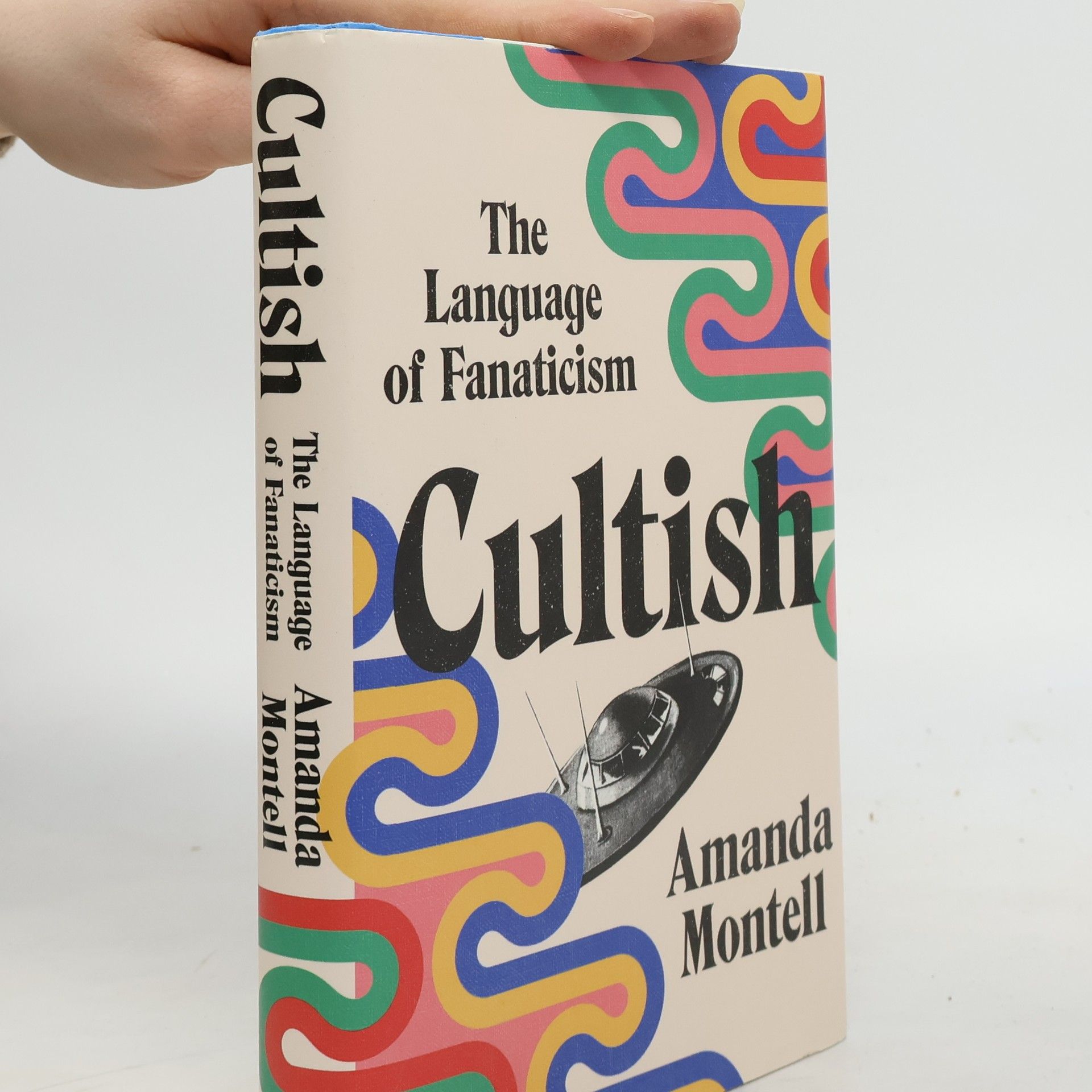Charyzmatyczni przywódcy stosują różnorodne techniki, aby zaspokoić podstawowe ludzkie potrzeby. Sekty kuszą obietnicami zbawienia, bogactwa i wspólnoty, co przypomina, jak podobnie działają siłownie czy internetowe biznesy. Amanda Montell bada ten fenomen poprzez język, analizując redefinicję pojęć, eufemizmy, tajne kody, zmiany sensu, modne powiedzonka i hasztagi. Ukazuje, jak językowe sztuczki wykorzystują nie tylko duchowi wyzyskiwacze, ale także politycy, dyrektorzy start-upów, influencerzy i instruktorzy fitness. Przykłady haseł, które funkcjonują zarówno w sekcie, jak i na siłowni, pokazują naszą wrodzoną chęć wiary w coś większego. Montell bada popkulturową dekonstrukcję pojęć takich jak „sekta” czy „kult”, dostarczając przykładów mocy języka jako narzędzia manipulacji. To swoisty podręcznik językowej samoobrony w świecie pełnym zagrożeń, gdzie kluczowa jest wrażliwość na to, co i jak się do nas mówi. Książka jest wnikliwą analizą siły języka, który może nas omamić, a Montell łączy dziennikarską dociekliwość z humorem, tworząc przenikliwą opowieść o manipulacyjnym języku sekt. To dzieło, które zmienia nasze postrzeganie sekt i ukazuje mechanizmy władzy, wspólnoty oraz języka.
Amanda Montell Book order (chronological)
Amanda Montell is a writer and linguist dedicated to exploring how language shapes and reflects our relationships and societal norms. Her work critically examines feminism and deconstructs how spoken language reinforces inequalities, offering readers an insightful look into everyday communication. Montell employs her expertise in linguistics to uncover hidden meanings and power dynamics within our words. Her writing is sharp, accessible, and prompts reflection on the potency of the language we wield.





The Age of Magical Overthinking
- 257 pages
- 9 hours of reading
In the modern information age, our brain’s coping mechanisms have been overloaded, and our irrationality turned up to eleven. Amanda Montell blends cultural criticism and personal narrative to explore our modern cognitive biases and the power, disadvantages and highlights of magical overthinking.
Cultish : The Language of Fanaticism
- 320 pages
- 12 hours of reading
"From SoulCycle to Scientology, we're all obsessed with cults. Linguist Amanda Montell examines the language cults use to draw us in"--Provided by publisher
Wordslut
- 304 pages
- 11 hours of reading
Even before its usage to mean a female canine, bitch didn't refer to women at all-it originated as a gender-neutral word for genitalia. A perfectly innocuous word devolving into an insult directed at females is the case for tons more terms, including hussy, which simply meant housewife;